The Ministry of Finance has just completed the draft Law on Personal Income Tax (replacement), announced to collect comments from ministries, localities and relevant agencies. The notable content of the draft is that the Ministry of Finance proposes to apply a tax rate of 20% on income from real estate transfer, calculated on the income of each transaction (selling price minus purchase price and related costs).
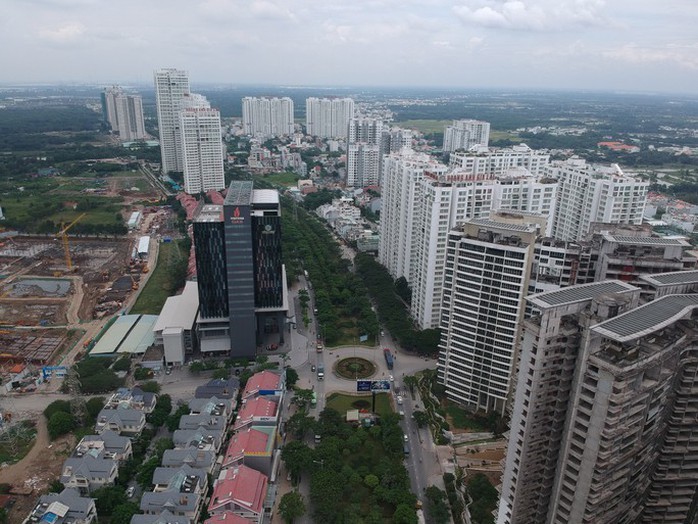
In case the purchase price and cost cannot be determined, the tax is calculated directly on the selling price according to the holding period. Accordingly, under 2 years the tax rate is 10%, from 2 to 5 years is 6%, from 5 to 10 years is 4%, over 10 years or real estate originating from inheritance is 2%. Individuals who receive inheritance but have speculative activities will be taxed as real estate business.
According to the Ministry of Finance, the application of personal income tax on real estate transfer activities based on actual income (selling price minus purchase price and valid expenses) reflects the economic nature of the transaction. "This is equivalent to the current calculation of corporate income tax, with a tax rate of 20%" - the draft law clearly states.
The Ministry of Finance believes that it is necessary to have a complete data system on real estate transaction history to accurately determine the cost price, along with conditions on invoices and documents proving deductible expenses.
The drafting agency also emphasized that the implementation must be consistent with policies related to land and housing and based on a strong enough information technology platform in managing real estate registration and transfer. This will help tax authorities have enough information and legal basis to determine the holding period as well as other necessary factors for tax calculation.
According to the Ministry of Finance, there has been a recent case of declaring transfer prices lower than actual prices in order to reduce taxes, causing budget losses. Some opinions suggest that it is necessary to study the regulation of collecting personal income tax of 20% on income from real estate transfer activities.
In addition, it is necessary to study to regulate higher taxes when transferring speculative cases of owning 3 or 4 real estate properties in a short period of time, causing instability to the real estate market.
The drafting agency also provided information that some countries also use tax policies to limit real estate speculation. Specifically, in Germany there are two main taxes, real estate transfer tax and income tax. Real estate income tax applies a tax rate of 14% to 42%.
Individuals who buy and sell real estate will be exempt from income tax when the real estate is owned for more than 10 years or the real estate is not considered an asset for business purposes (if the individual owns this real estate and has 3 transactions within 5 years, the property owned by this individual is business real estate).
In the US, anti-speculation policies in real estate depend on the laws of each state. Regulations in San Francisco (California) state that if an individual sells real estate within 5 years of purchase, a progressive transfer tax will be imposed based on the holding period. Specifically, the tax rate is 24% if sold in the first year; 22% if sold in 1-2 years; 20% in 2-3 years; 18% in 3-4 years and 14% if transferred after 4-5 years.
For Singapore, if a property is bought and sold again within the first year, the difference in price is taxed at 100%. After 2 years, the tax rate drops to 50% and after 3 years it is 25%.
Source: https://baolaocai.vn/de-xuat-tinh-thue-20-theo-tung-lan-chuyen-nhuong-bat-dong-san-post649367.html





![[Photo] Opening of the 14th Conference of the 13th Party Central Committee](https://vphoto.vietnam.vn/thumb/1200x675/vietnam/resource/IMAGE/2025/11/05/1762310995216_a5-bnd-5742-5255-jpg.webp)


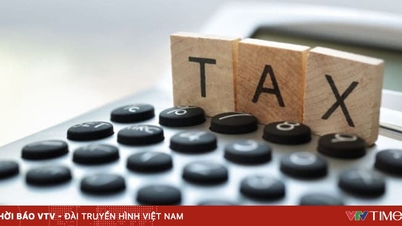































![[Photo] Panorama of the Patriotic Emulation Congress of Nhan Dan Newspaper for the period 2025-2030](https://vphoto.vietnam.vn/thumb/1200x675/vietnam/resource/IMAGE/2025/11/04/1762252775462_ndo_br_dhthiduayeuncbaond-6125-jpg.webp)



































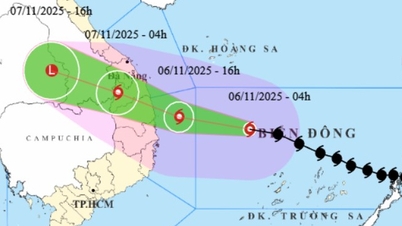




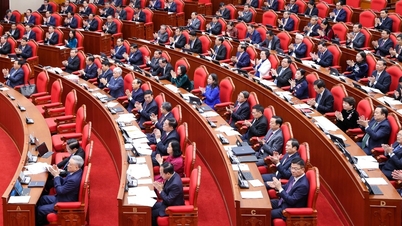















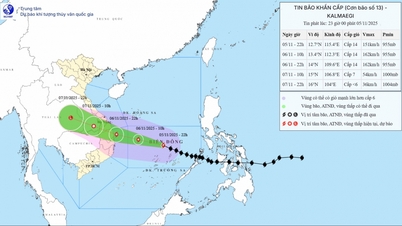















Comment (0)